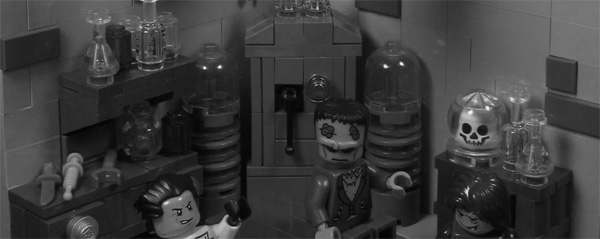I had coffee with SEOmoz’s new recruiter, Sierra, recently. She’s amazing, and she has to be. The people who make up our team over the next 3 years will determine whether we can become a truly remarkable company, or just a mediocre one. In terms of which current Mozzers will impact that most intensely, Sierra’s pretty close to the top.

(credit)
During our conversation, we talked about litmus tests for culture. Over the past few years, I’ve found that a few simple predictors can help separate those people with great character from those who lack it. Specifically, these 4 items tend to work well:
- How do they treat waitstaff and service people (at bars, restaurants, coffee shops, etc)?
Those who are respectful, deferential, helpful and accommodating to service people have a very high correlation with being women and men of great integrity and quality. Those who disrespect them, even in subtle ways, often have underlying character flaws that show themselves more over time. - To whom do they assign credit for their successes and failures?
I love to ask candidates about their past projects – what worked, what didn’t, and why. This last bit often reveals the most about a person’s character. Those with humility will assign at least some of their success to the team around them. Those who lack it will take full credit, never mentioning how others’ work may have positively influenced the outcome. - If they’re in a committed relationship, how do they talk about their partner?
This may seem like an odd criteria, but the track record I’ve observed is remarkable. I find that those who never mention or express even mild/joking contempt toward their romantic partners tend not to be a match for the kind of folks I want in my company (or my life). And, likewise, hearing someone praise their partner and express their admiration or love openly is an excellent sign that I’m meeting a great human being. (Note: this would not be an appropriate type of discussion for an interview) - How do they talk about their personal passions?
This one is far more subjective and challenging to assess on the fly, but if harnessed properly, is an amazing predictor of long-term success in any type of professional role. The passion itself is largely irrelevant, but it’s how the person talks about that makes all the difference. Those with great character present their interests with an air of awe, respect and wonder. Those without will often trivialize their own hobbies or describe them in a way that makes it hard to understand why they like it. When I ask “what do you love about X?” and then follow up with “what keeps you coming back to it?” I get a lot of insight.
These four are, in my experience (and particularly when combined), incredibly well-correlated with discovering whether a candidate, potential business partner or new contact is, underneath any facade designed to impress, my kind of guy/gal.
Some businesses thrive with assholes on the team or in their ecosystem, and being one doesn’t necessarily match up with poor job performance. In fact, it can be decently tracked with above average performance in some roles (I’ve met a lot of very effective sales and bizdev folks that have these qualities). However, it’s not a fit for our team or for me personally, even if skills and ability are exceptional.
Hence, I encouraged Sierra to attempt to find other litmus tests and questions that we could use to quickly determine whether a potential team member has a great heart and a lot of empathy for others. We can always help good people work to improve their skills, but improving one’s empathy and fundamental goodness is much harder.